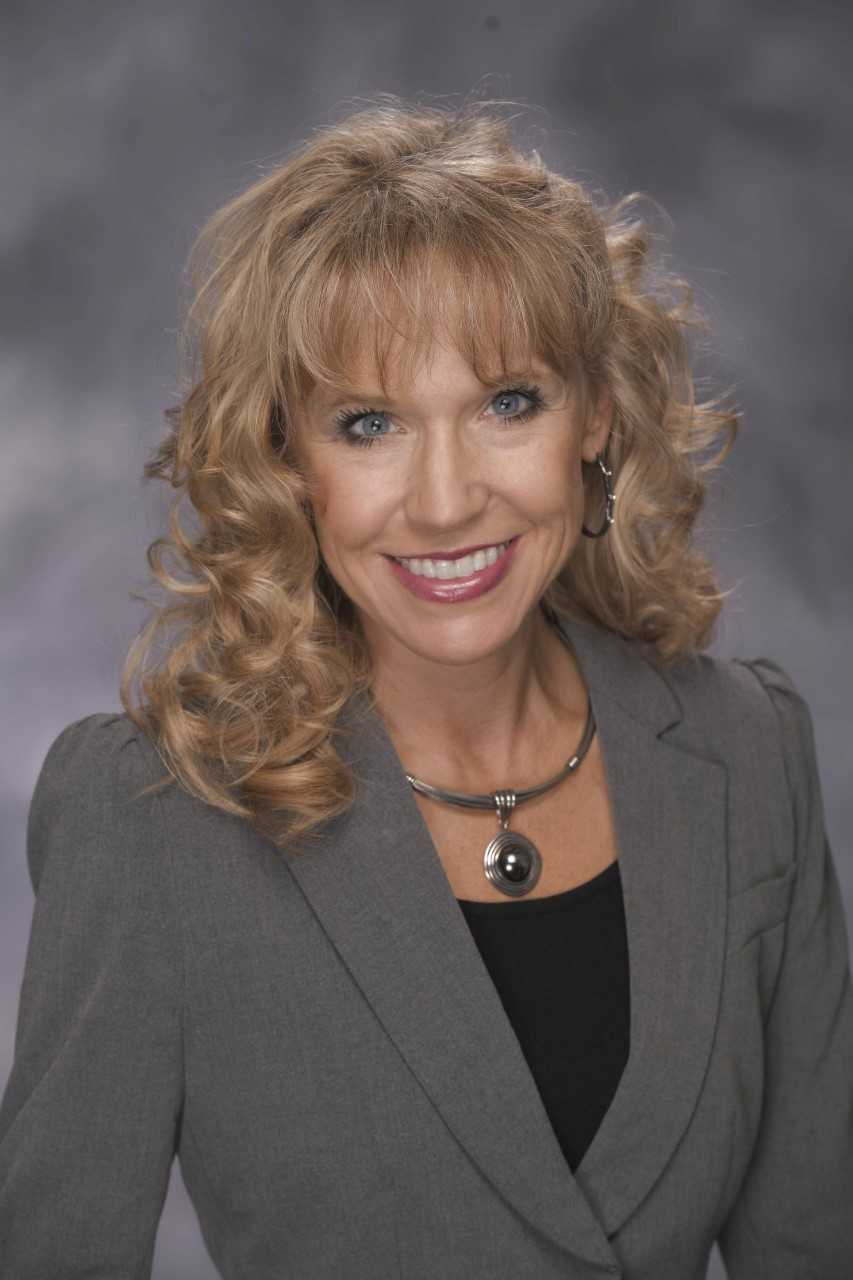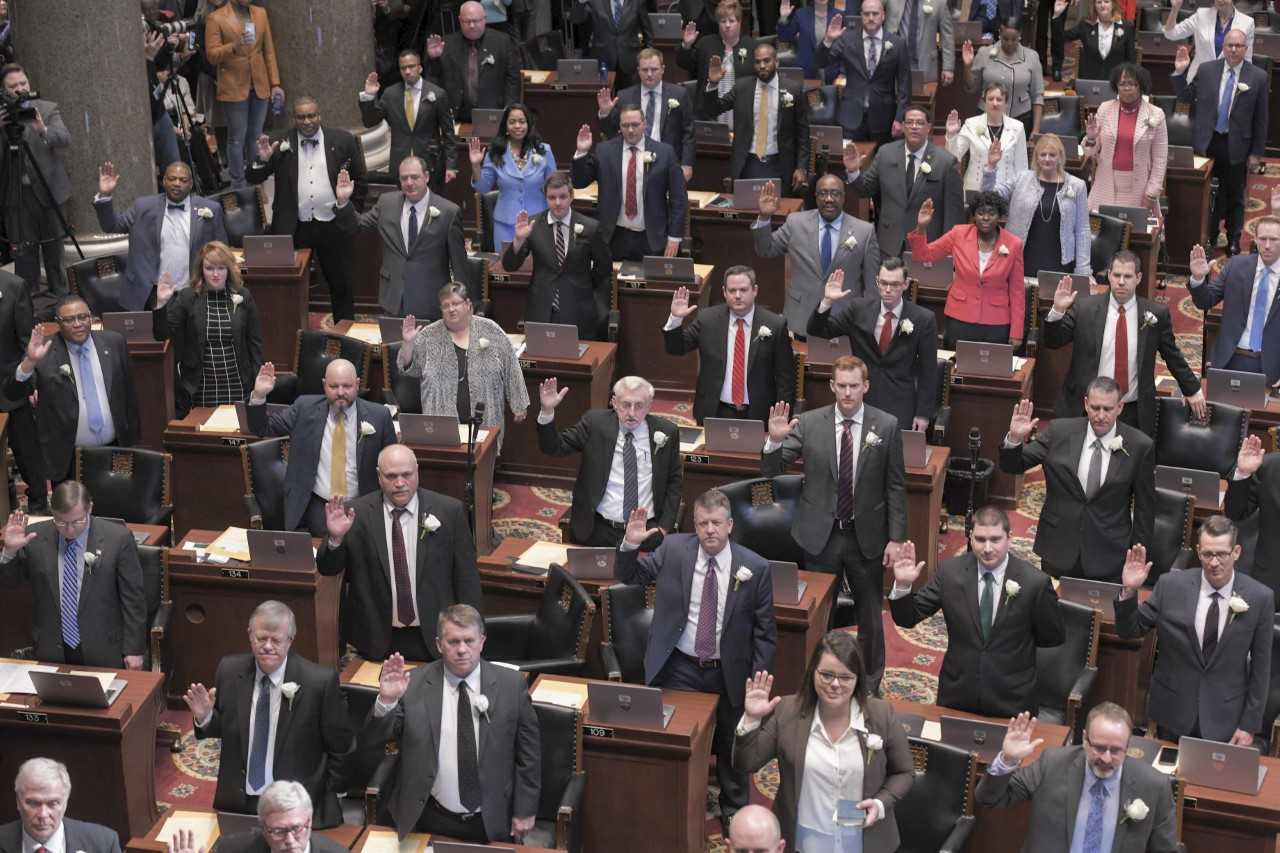Sixty-two percent of Missouri voters in November approved Constitutional Amendment 1, better known as “Clean Missouri.” The Amendment included language that would extend the application of the state’s open records law to the state’s lawmakers.

Since its passage, Missouri House staff has been examining what it will mean for state representatives as well as the citizens they serve.
Otherwise known as the “Sunshine Law,” the open records law dating back to 1973 allows members of the public to request records from any public governmental body. The House and the Senate had been exempt prior to Clean Missouri taking effect on December 6.
The chief clerk of the House, Dana Rademan Miller, said while the House’s administration has always responded to Sunshine requests, this will be new for some individual members.
Miller said the House began working on updated policies to educate members shortly after Amendment 1 passed, and that work continues.
The House has provided members and their staffs with a memo outlining the provisions of Amendment 1 and materials from the Attorney General’s Office on Sunshine Law compliance, briefed incoming freshman lawmakers, and held additional meetings on managing Sunshine requests.
“We’ll be bringing in the Attorney General’s Office … They’ve got a Sunshine Unit. They can help provide some training to the members … they’re experts on the Sunshine Law,” said Miller. “[We’re also] talking to the Secretary of State’s Office and the State Archivist, and the Director of the Records Commission, getting their insight and advice. They’re very willing to help members as they draft their retention policies.”
One particular area members are being educated on is what should be released in response to a request, and what should not be.
Miller said the Sunshine Law outlines more than 20 exemptions to what information should be released.
Miller said that there are parts of the Sunshine Law that could benefit from clarification, and that interpretation of some provisions varies. She said the language regarding exemptions is one such case.

The way the new constitutional provision is worded makes clear that each representative will be the custodian of records for his or her office.
Miller hopes the inclusion of individual lawmakers in the requirements of the Sunshine Law doesn’t discourage constituents from reaching out to those lawmakers to seek help. She did say that members of the public should consider leaving personally identifiable information out of initial correspondence.
“We don’t want there to be a chilling effect on the ability for constituents to talk to their members,” said Miller. “We also might want to be mindful that those records are [presumed to be] open and we need to be able to educate the constituents as well that some of the information they provide might be subject to scrutiny by another party if the documents are ‘sunshined.’”
Miller stresses that in her discussions with representatives, they haven’t been looking for ways to skirt open records requirements placed on their offices.
Of course, other portions of Amendment 1 have been the subject of discussions with lawmakers, including the prohibition against campaigning while in the Capitol and on other state property; and a $5 limit on gifts to legislators. Miller said the respective caucuses have also been discussing the implementation of the new provisions and that the work to implement the changes will continue.

